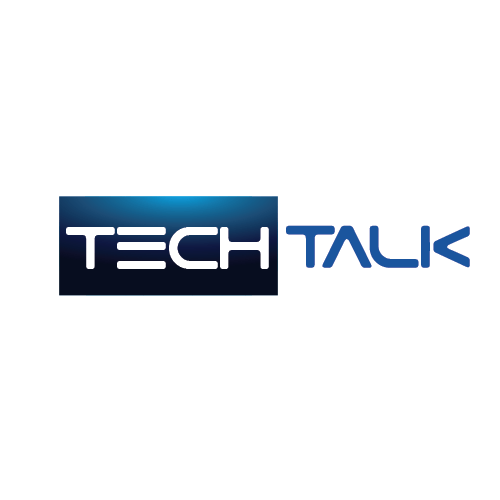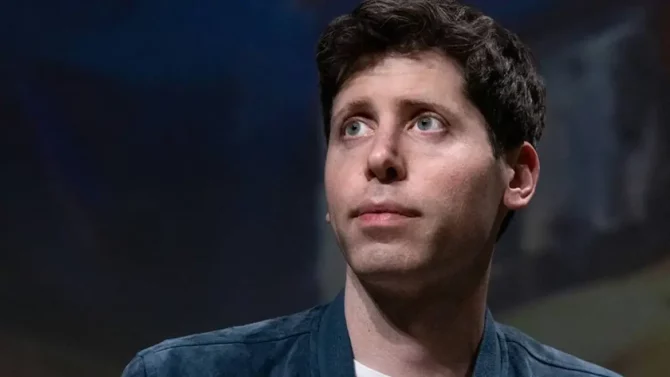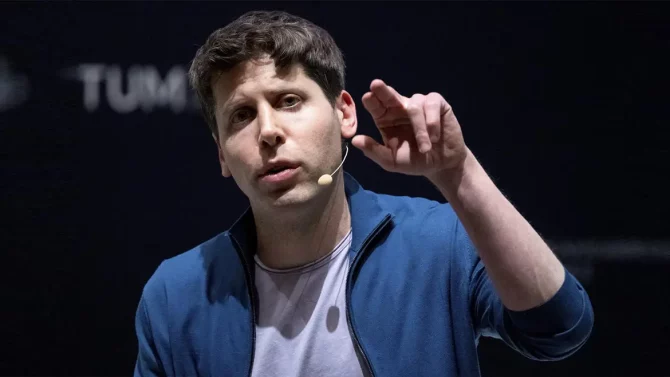OpenAI CEO Aims to Alleviate Concerns Regarding Job Losses
PARIS: The chief executive officer of OpenAI, the company behind the immensely popular ChatGPT bot, asserted that his organization’s technology would not obliterate the job market as he endeavored to assuage apprehensions surrounding the advancement of artificial intelligence (AI).
Sam Altman, currently on a global tour to captivate national leaders and influential individuals, conveyed in Paris that AI would not, contrary to certain warnings, render entire sectors of the workforce obsolete through automation.
The notion that AI will progress to the extent that humans will be devoid of any labor or purpose has never resonated with me, he remarked.
When queried about the media industry, where several outlets already employ AI to generate stories, Altman proposed that ChatGPT should be seen as providing a journalist with a hundred aides to assist in research and idea formulation.
ChatGPT rose to prominence late last year, showcasing its ability to generate essays, poems, and conversations based on the most concise of prompts.
Microsoft subsequently invested billions of dollars in support of OpenAI and now incorporates the company’s technology into various products, sparking competition with Google, which has made numerous similar announcements.
Altman, a 38-year-old emerging figure in Silicon Valley, has been met with enthusiastic receptions from leaders spanning from Lagos to London.
However, earlier this week, he appeared to vex the European Union by hinting that his company might depart from the bloc if it enforces overly stringent regulations.
During the Paris event, Altman firmly expressed to a group of journalists on the sidelines that the headlines were unjust and that he harbored no intention of leaving the bloc. Instead, he suggested that OpenAI is likely to establish an office in Europe in the future.
‘Fatiguing’
The success of ChatGPT, which politicians have employed to compose speeches and has proven its proficiency in passing rigorous exams, has propelled Altman into the international spotlight.
Years from now, reflecting on this will evoke a profound sense of significance… but it is also rather fatiguing, and I hope life becomes less tumultuous, he remarked.
OpenAI was founded in 2015 with investors including Altman and billionaire Twitter owner Elon Musk, who departed the company in 2018 and has recently criticized it on multiple occasions.
Musk, who harbors his own AI ambitions, claimed to have coined the name OpenAI and invested $100 million in the company. He felt betrayed when the organization transformed itself from a non-profit to a profit-making entity in 2018 and contends that Microsoft effectively governs the company at present.
I disagree with nearly all of that, but I will endeavor to avoid engaging in a dispute here, Altman responded. Surely, there are more crucial matters to address than whatever he is preoccupied with.
Instead, he desired to focus on OpenAI’s mission, which, he stated, is to optimize the advantages of AI and particularly Artificial General Intelligence (AGI) for society. AGI refers to the much-anticipated future in which machines will master a wide array of tasks, not limited to a single domain.
Altman acknowledged that definitions of AGI were imprecise and lacked consensus but asserted that, in his view, it entails machines capable of making significant scientific breakthroughs.
For me, if you can unravel the fundamental theory of physics and provide comprehensive answers, I would consider you an AGI, he explained.
A major criticism of OpenAI’s products is the company’s reluctance to disclose the sources used to train its models.
Apart from copyright concerns, critics argue that users should be aware of who is responsible for answering their queries and whether the responses draw from offensive or racist webpages.
Altman, however, contended that what truly matters to critics is whether the models themselves exhibit racial bias.
The crucial factor lies in its performance on a racial bias test, he deflected, dismissing the idea of publishing the sources.
He asserted that the latest model, GPT-4, displays surprising impartiality.






